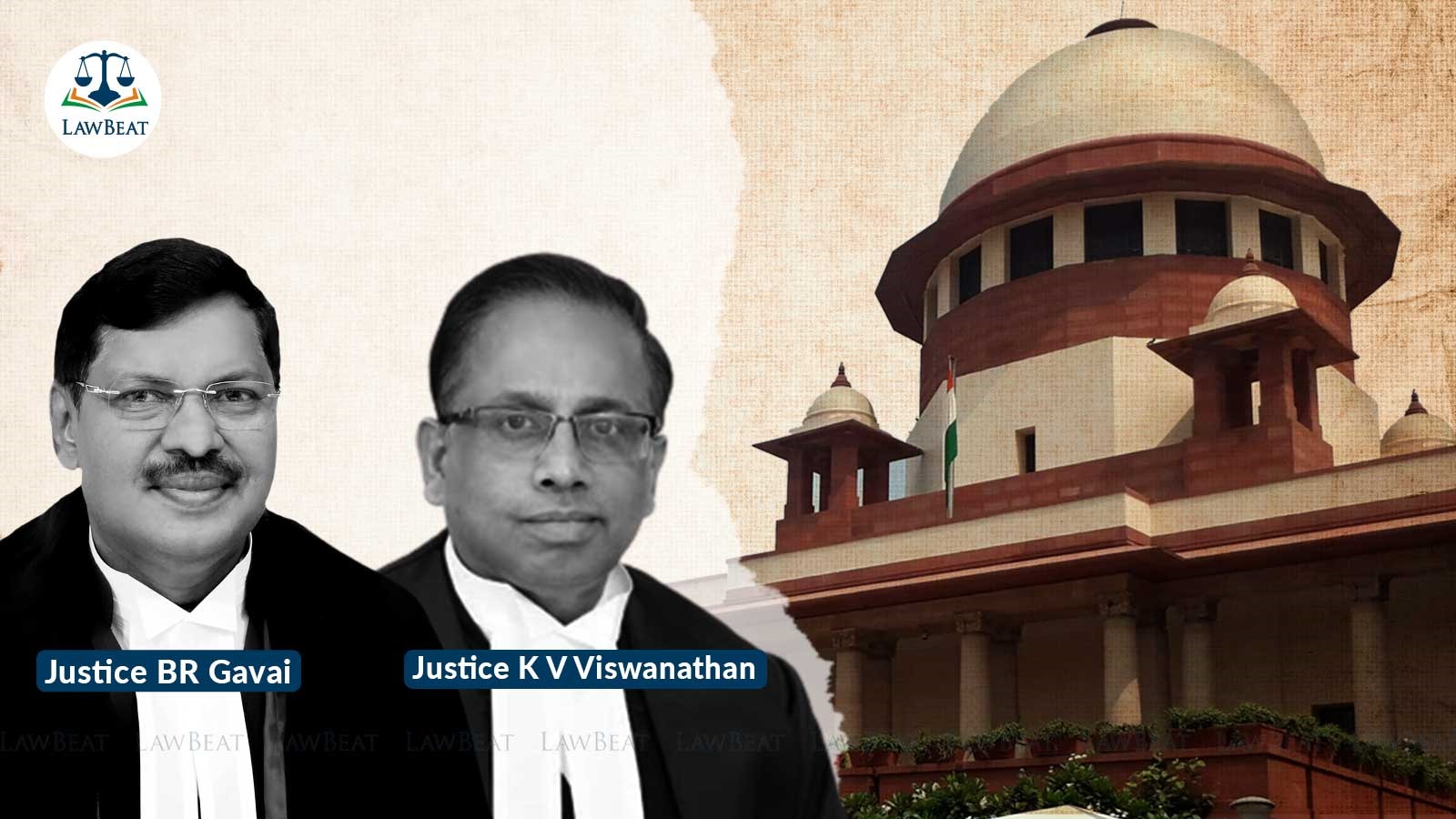'Principle of negative equality not to be applicable under Article 226': SC Grants Relief to Medical Students

Court observed a shortage of super-specialty doctors, even in dental science, and emphasized that failing to regularize the appellants' admission would render their education futile.
The Supreme Court has clarified that while the principle of negative equality does not apply when granting relief under Article 226 of the Constitution, individuals in similar circumstances cannot be denied the same relief extended to others.
A bench of Justices B R Gavai and K V Vishwanathan allowed an appeal filed by Irfan Akbani and others against the Madhya Pradesh High Court's judgment and the orders passed by the Regulatory Authority and the Appellate Authority, which declined to regularise their admission to Master of Dental Surgery (MDS), though they completed their course.
"It is commonly known that there is a dearth of super specialty doctors even in the field of dental science. If the admission of the appellants is not regularised the education undertaken by them would go in waste. Therefore, in the peculiar facts and circumstances of the case, we are inclined to allow the appeal and quash and set aside the impugned order passed by the High Court as well as the orders passed by the Regulatory Authority and the Appellate Authority," the top court said.
The appellants had completed their Bachelor of Dental Surgery (BDS) course from the States of Karnataka, Gujarat and Maharashtra. They took admission for Master of Dental Surgery (MDS) in the dental colleges situated in the State of Madhya Pradesh. However, their admissions were cancelled by the Regulatory Authority on the ground that they had not participated in the counselling process and for being in violation of the order passed by this court on March 17, 2016.
The order of the Regulatory Authority cancelling admission of the appellants was affirmed by the Appellate Authority.
Being aggrieved thereby, the appellants approached the High Court, which granted an interim order by virtue of which the appellants completed their MDS Course from 2016 to 2019.
After the appellants completed their MDS course, the writ petition was dismissed by the division bench of the High Court, upholding the order of the Regulatory Authority as well as the Appellate Authority.
The counsel for the State and the regulatory body vehemently opposed the plea on the ground that the admission of the appellants was in violation of the order of the Supreme Court as well as on account of them not getting admission from the process of counselling and as such they were backdoor entrants.
"In the ordinary circumstances, we would not have interfered with the impugned order. However, the fact remains that the admission of the similarly situated students who have completed their BDS from the same State and the same college has not been disturbed on the ground that they had completed their BDS from the State of Madhya Pradesh," the bench said.
The court found that the approach adopted by the Regulatory Authority which hae been confirmed by the Appellate Authority and the High Court to the effect that since the number of illegalities in cases of the appellants were higher than the number of illegalities in the case of the students who hae passed their BDS from the State of Madhya Pradesh, the appellants admission would not be regularised,was not a correct approach.
"In any case, the appellants have completed the MDS course and they have successfully cleared the examination," the bench said.
Allowing the appeal, the court directed that the admission of the appellants be regularised. The court directed the Authorities to issue necessary degrees to the appellants.
The bench, however, clarified that the order was passed in the peculiar facts and circumstances of the case and it would not be treated as precedent in any other matter.
Case Title: Irfan Akbani & Ors Vs The State of Madhya Pradesh & Ors
